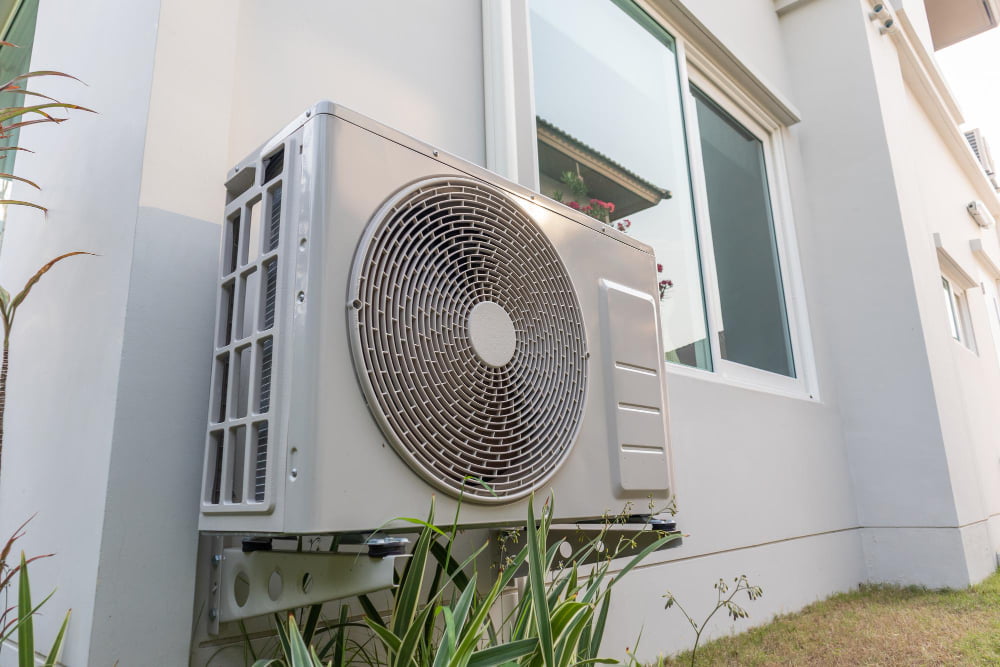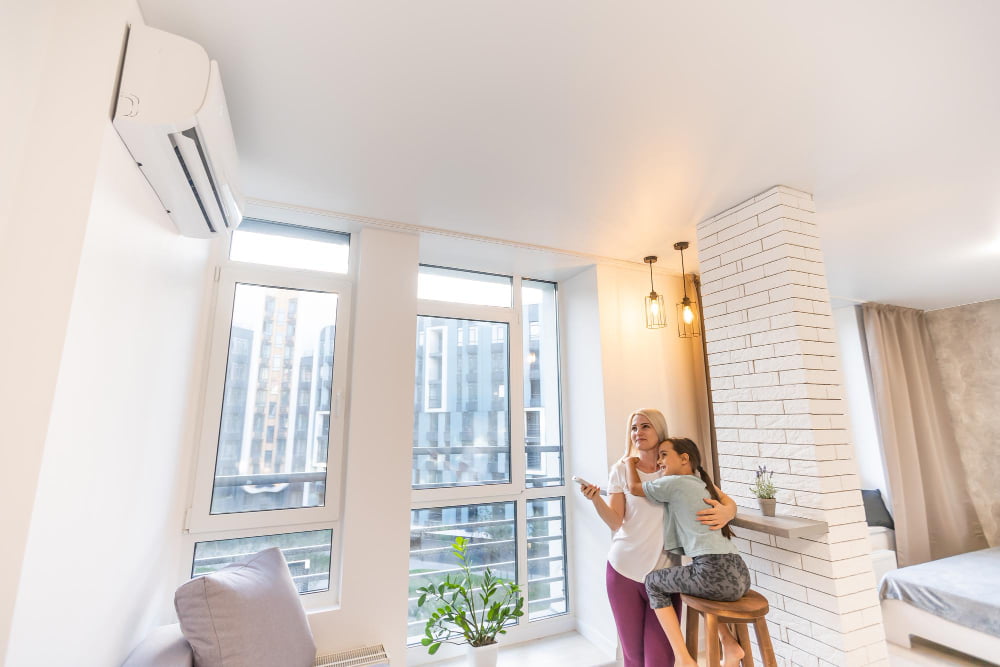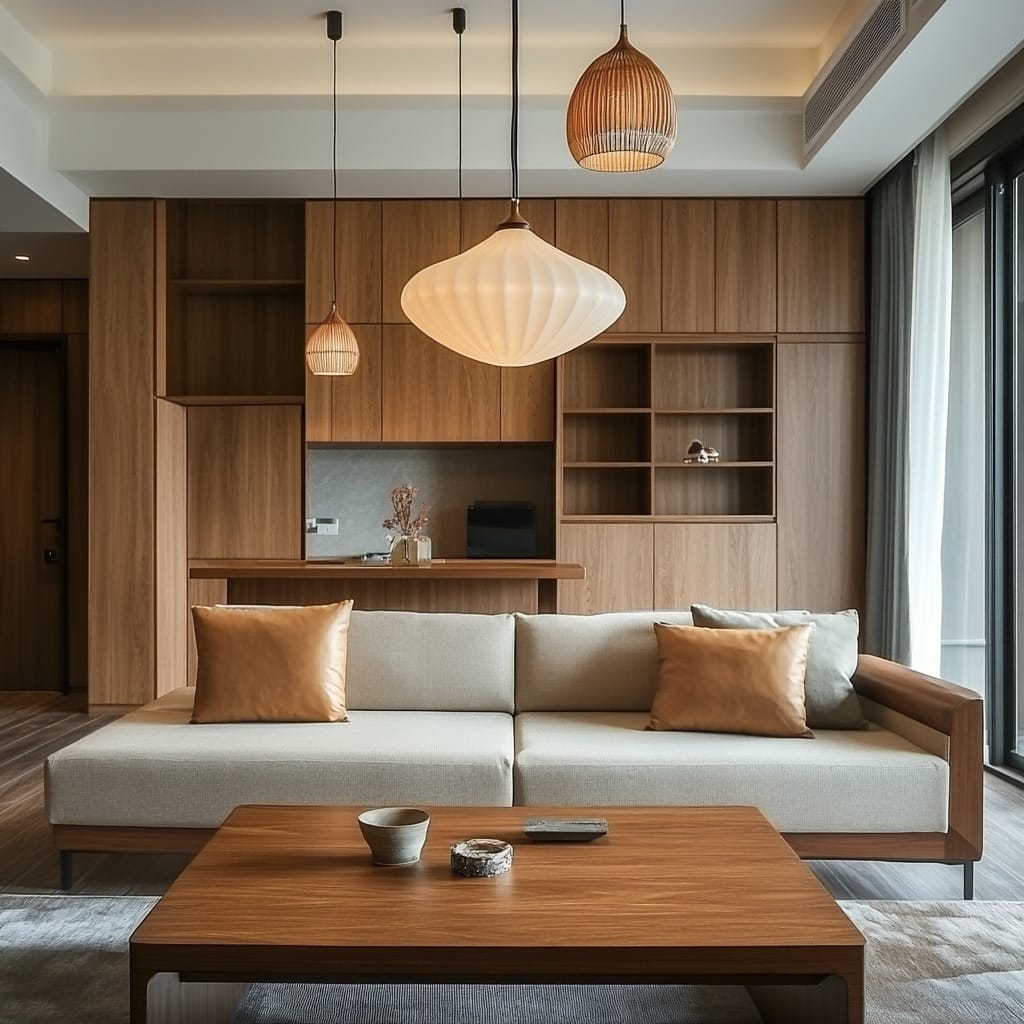Last updated on
Selecting an appropriate air conditioning unit for your space is a task that requires careful consideration. There are numerous factors to ponder upon — from energy efficiency to the size of your room, the location of windows, and the number of people occupying the space.
This document seeks to guide you through these essential considerations to ensure you make an informed decision, ultimately contributing to a comfortable and cost-effective cooling solution for your space. Let’s dive into these six critical factors you must analyze before purchasing an AC unit.
Know How They Work Inside and Out

The first step towards choosing the right AC unit is understanding how it works. Some common puzzlements are Do Air Conditioners Take in Air from Outside or How Does Air Conditioning Work in a Home? An air conditioner uses energy to cool down the air inside your room while removing the warmth. The cooling process starts when the AC unit’s compressor converts refrigerant gas into a high-pressure, high-temperature state.
This hot gas then flows through a series of coils (the condenser coils) to dissipate its heat and transform it into a high-pressure, cooler liquid. It is crucial to have a basic understanding of the AC unit’s inner workings to make an informed decision.
Energy Efficiency Insights
When choosing an AC unit, energy efficiency is a key factor to consider. An energy-efficient unit will keep your space cool while minimizing your energy bills and reducing your carbon footprint. One crucial metric to look at is the Seasonal Energy Efficiency Ratio (SEER).
The SEER rating measures the cooling output during a typical cooling season divided by the total electric energy input during the same period. The device is more energy-efficient the higher its SEER rating. Also, look for AC units that have an Energy Star label, which is an indication that the unit meets or exceeds federal standards for energy efficiency.
Compatibility Check

Checking the compatibility of the AC unit with your space is another crucial step in selecting the right air conditioner. The unit should fit well within the available space and be capable of cooling the area efficiently. Measure your room accurately and match it against the British Thermal Units (BTUs) that the AC unit provides. BTUs represent the amount of heat an AC unit can remove from a room per hour.
As a rule of thumb, the larger the room, the higher the BTU rating you’ll need. Also, consider factors like ceiling height, insulation, the number of windows, and the direction they face. These elements can affect how much cooling you’ll need. Failure to consider compatibility can result in an AC unit that is either too powerful (causing temperature fluctuations and energy wastage) or not powerful enough (resulting in an inadequately cooled space).
Noise Considerations
Equally important is the noise level of the air conditioning unit you choose. AC units that generate high levels of noise can significantly disrupt your comfort, especially during sleep or when you’re working from home. Normally, noise level is measured in decibels (dB). The unit will be quieter if its dB rating is lower.
Window units are generally louder than central air conditioning systems. To maintain a peaceful environment, opt for AC units with a noise level under 55 dB. Some high-end models even feature noise reduction technologies for an ultra-quiet operation. Do keep in mind that quiet operation should not compromise the efficiency of the cooling system.
Cost of Ownership
When purchasing an air conditioning unit, it’s important to consider not just the upfront cost, but also the cost of ownership over time. This includes factors such as the unit’s energy efficiency, maintenance needs, and lifespan. An AC unit with a high SEER rating might have a higher initial purchase price, but it could save you money over time through lower energy bills.
Similarly, air conditioners that require frequent maintenance or have a shorter lifespan might end up costing more in the long run. It’s also essential to consider the cost of installation, which can vary depending on the type of AC unit and the specific requirements of your space.
Smart Features and Technology
In today’s rapidly advancing technological landscape, air conditioning units are not left behind. Modern AC units now come equipped with smart features and technology that add convenience and improve overall user experience.
These include Wi-Fi connectivity, enabling you to control your AC from your smartphone or tablet, even when you’re not at home. This feature gives you the luxury of coming home to a cool environment even if you leave your house warm.
Smart AC units can also connect to home automation systems and virtual assistants like Amazon Alexa or Google Home, allowing you to control your cooling system using voice commands. In addition, some advanced AC units come with energy-saving modes, sleep modes, and programmable timers that allow you to customize your cooling schedule, thus enhancing comfort while reducing energy consumption.
The Takeaway
Choosing an AC unit for your space is not a decision to be taken lightly. It requires careful consideration of various factors, from understanding how the unit works to analyzing energy efficiency, compatibility, noise levels, cost of ownership, and smart features.
By following these six essential tips, you can make an informed decision that will provide you with optimal cooling and comfort while keeping your energy bills in check. So, before you make that purchase, be sure to go over these six critical things and choose the perfect AC unit for your space.
Recap:



